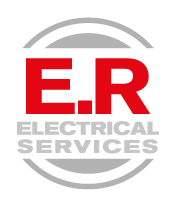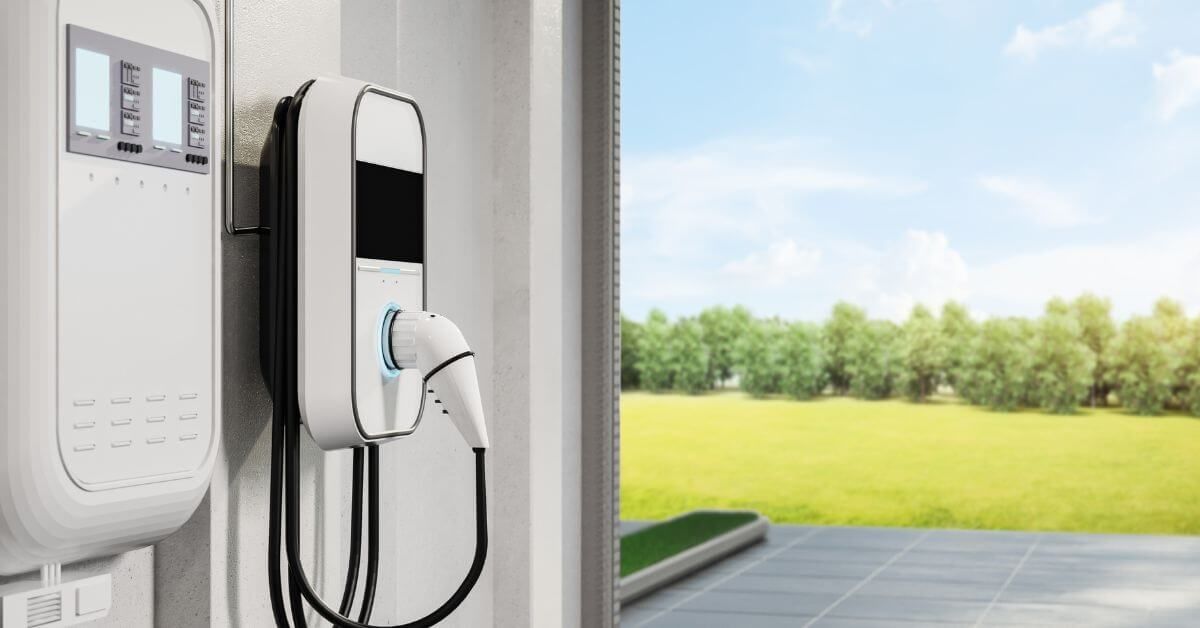Understanding Electrical Alterations for Renovations
Understanding Electrical Alterations for Renovations
When renovating your home, it’s easy to get caught up in the design and aesthetic changes, but one essential aspect that should never be overlooked is the electrical work. Whether you’re adding new lighting, extra sockets, or installing under-floor heating, all electrical alterations must meet the latest building regulations to ensure safety and compliance.
In the
Cotswold Renovation Guide, it highlights that following regulations ensures your home remains safe, energy-efficient, and future-proofed. Here's why electrical compliance matters:
- Safety First: Electrical alterations, if done improperly, can lead to dangerous faults like electric shocks, fires, or even more serious hazards. The building regulations set out strict safety measures to protect homeowners from these risks.
- Notification of Work: Certain electrical tasks, such as the installation of a new consumer unit, complete rewiring, or adding circuits in special locations (bathrooms, kitchens, etc.), are considered "notifiable." This means they need to be approved by your local authority or carried out by a contractor registered with a self-certification scheme like NICEIC.
- Energy Efficiency: Modern homes are required to be more energy-efficient. The recent updates to the Building Regulations, such as Part L, have introduced stricter energy-saving standards. If you’re upgrading your lighting to LED or installing energy-efficient heating, it’s important to ensure your system complies with these standards, helping to reduce your home’s carbon footprint while saving on energy bills.
- Compliance Certificates: Once the work is completed, a certificate will be provided, certifying that the work complies with building regulations. This certificate will be crucial if you plan to sell your property in the future, ensuring there are no legal issues regarding electrical compliance.
- Installation of Additional Sockets: According to the Cotswold Renovation Guide, adding extra sockets is a common alteration during renovations, especially when upgrading or redesigning a room. It's vital to consult with a qualified electrician about socket placement to ensure both practicality and safety. Guidelines stipulate that sockets should be installed no lower than 450mm above the floor and light switches no higher than 1,200mm.
Avoiding DIY Pitfalls:
DIY electrical work can lead to serious issues and unexpected costs. Hiring a certified electrician ensures that all installations meet current safety regulations, giving you peace of mind.
Common Electrical Alterations:
- Rewiring older properties to modern standards
- Upgrading to energy-efficient LED lighting
- Adding sockets for better convenience and compliance
- Installing underfloor heating
- Upgrading consumer units for improved safety
At E.R Electrical, we ensure all work meets safety and building standards, from full rewires to lighting upgrades. Let us help make your renovation safe and stylish!











